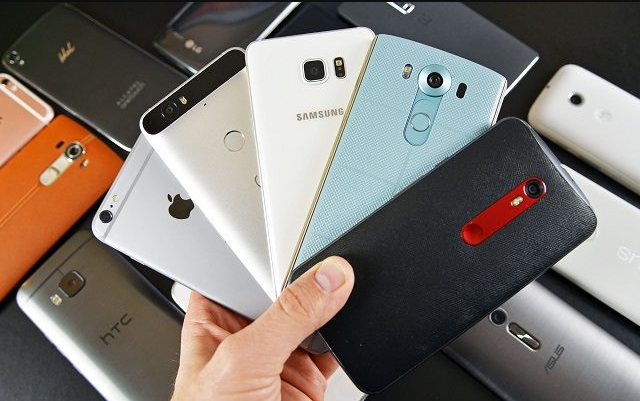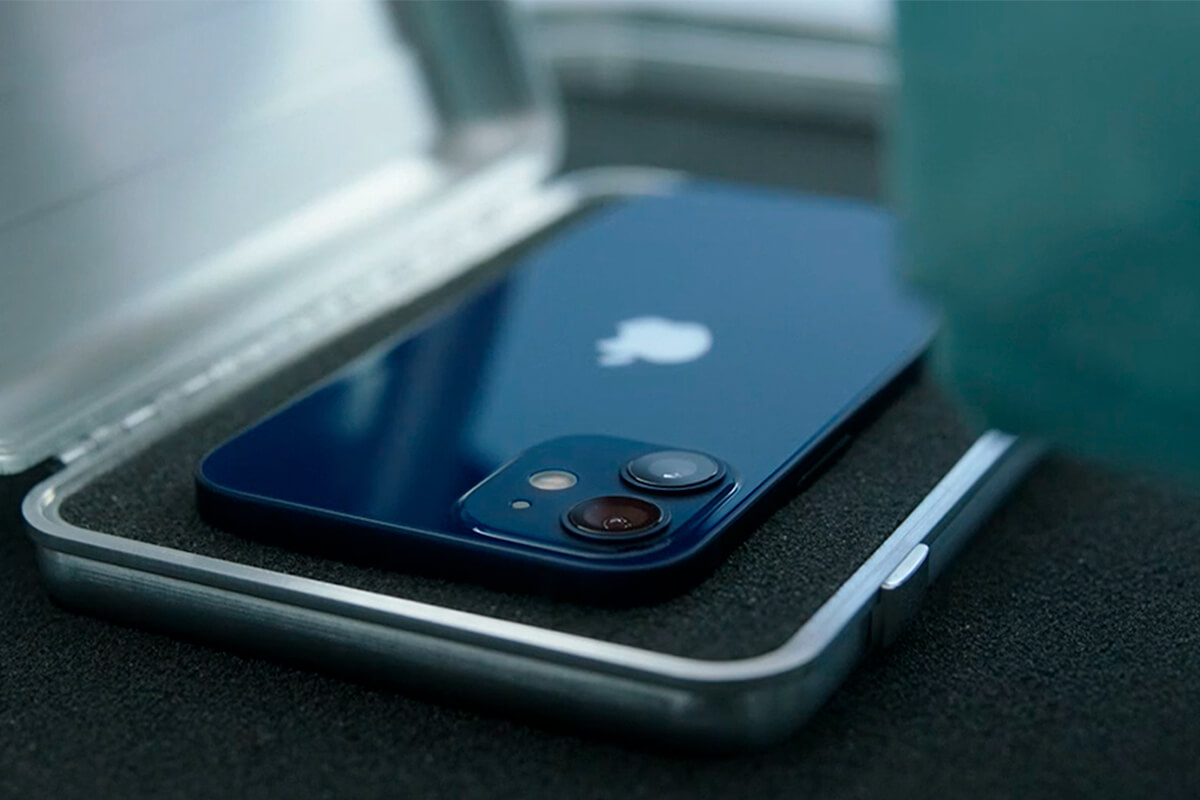Search result

Several voices both inside and outside the smartphone industry have been quoted saying that handsets have reached the pinnacle of their evolution in their current form. Today, smartphones are more powerful than the average desktop PC was a few years ago, millions of times faster than the computers used to send a man to the moon. At the same time, statistics have shown that the majority of smartphone owners don't even use a fraction of their handsets' processing power. The majority of smartphone owners use them to play games, known to be the most demanding type of smartphone apps, but most of the time these games are simple, casual titles, mobile pokie games, word games, and their likes, hardly a challenge for even a two-year-old handset.
Considering the lack of exciting news on the smartphone market, and the release of a great variety of high-performance and affordable smartphone models, it seems safe to say that we should reconsider our future smartphone purchases and focus on accessibility rather than hype.
Samsung Galaxy S7, the best example
Samsung's Galaxy S7 was surrounded by a lot of excitement before its release in February 2017. When it hit the shelves, though, users couldn't hide their disappointment with the handset. Compared to the previous year's flagship phone, the Samsung Galaxy S6, the S7 failed to produce any significantly new and exciting features. It had the same size screen with the same resolution and pixel density, it had a slightly faster system-on-a-chip, a newer GPU, it had 1GB of extra RAM and a slightly improved performance. In short, nothing that would've justified switching from the Galaxy S6 to the Galaxy S7.
Now let's take a look at another Samsung model released in 2016, the J7. Compared to the same Galaxy S6, it brought forth several improvements, including a newer chipset, a larger screen, a dedicated MicroSD slot (the S6 didn't have one), FM radio (something many of us still appreciate today), a larger battery with longer battery life, and a price tag that made it much more affordable at the time than the previous year's flagship model. In short, a phone with enough performance to be a perfect choice for everyday use, without the need to sell an arm and a leg to buy it.
The performance gap
The performance gap between "affordable" and "flagship" handsets becomes narrower every year. One of this year's more affordable smartphone models, the Galaxy A7 (2017), has a price tag almost $300 lower than any of last year's Samsung flagships, coupled with a performance that's not too different compared to these models. An average user will surely not notice the difference in performance between the two but welcome the price difference nonetheless.
Considering all of the above, I think it's safe to say that we shouldn't focus on flagship models anymore. They might be the ones surrounded by the biggest hype in the press but this doesn't make them the right ones for us - and they shouldn't be the models we desire the most.

Last year, Apple came up with a delightful 5.4-inch iPhone 12 mini. When every smartphone manufacturer is busy making phones with massive display screens, Apple decided to go against the trend and released a mini version of its regular iPhone 12 released in 2020. Don't get me wrong. The iPhone 12 wasn't so mini when it comes to price as the price started at $699 only. The phone was 11% thinner and 16% smaller than iPhone 11. The price wasn't cut down mainly because the phone was just small in size; whereas its specs were powerful as the regular iPhone. It had the same camera, same processor, the same storage option, the same design, same IP certification as the larger iPhone - with only a difference in screen size.
Rumor suggests that Apple is going to discontinue the mini version of the vanilla iPhone 13 this year. This might not be good news for people who wanted to upgrade or switch to iPhone without breaking their banks. But we think that Apple should reconsider its decision. The biggest reason is obviously the price factor. Another reason that not everyone wants a phone with a massive display. Yes, there are lots of people who want bigger devices but lots of people aren't everyone.
According to unofficial sales figures, mini contributed only 6 percent of iPhone sales within October to November quarter 2020. Even that 6% may sound like a small number, that's a lot of people when you are talking about iPhone total sales. Smaller phones are not just convenient. But they also take us back to the time when the Nokia 3310 and Moto Razr were popular. Both these devices have come back with the latest technology. And having an argument whether there should be any iPhone mini or not, is pretty baseless. iPhone mini variants are smart, convenient, powerful yet affordable devices and there should be a choice whether we want a big phone or a reasonably sized phone. Do you agree with this or not? Let us know your opinion in the feedback on our Facebook Page.
© 2023 YouMobile Inc. All rights reserved





